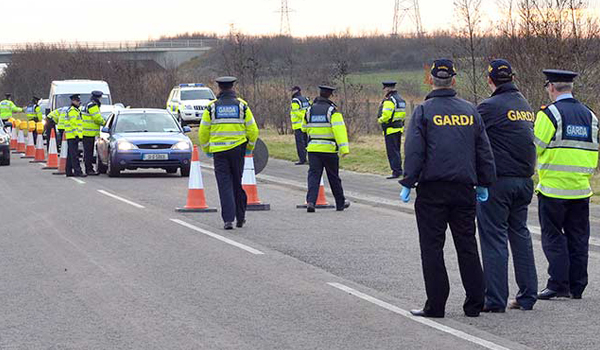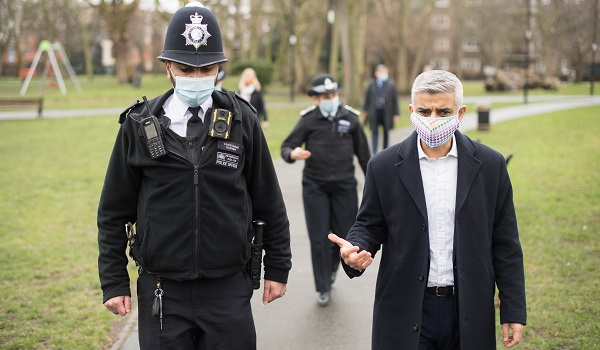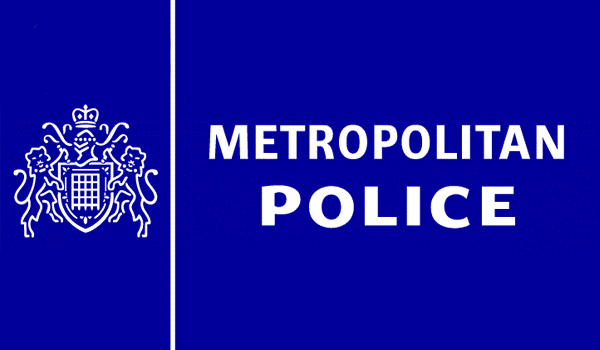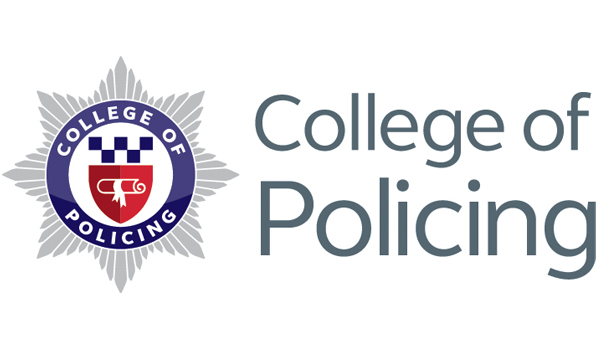Major high-visibility Garda operation as Republic of Ireland placed in second lockdown for six weeks
An Garda Síochána is introducing high-visibility community engagement patrols and static and rolling checkpoints in response to the Irish Government’s decision to impose a second Covid-19 lockdown.
Training will also be suspended so 260 Gardaí can be released to frontline duties to help police the tough new measures.
The country moved to the highest level of restrictions under the Government’s five-tiered framework for living with Covid-19 from yesterday (October 22) for six weeks.
In doing so, the country will adopt one of the strictest regimes in Europe.
Irish premier Micheal Martin described the move to Level 5 restrictions as “very, very serious”, and it comes amid a record number of cases recorded over recent days.
An Garda Síochána is redeploying officers and staff to frontline duties and says at any one time, there will be “over 2,500 Gardaí on duty, with the primary focus being on checkpoints and high visibility patrolling in support of Level 5 compliance”.
Commissioner Drew Harris said: “There was very good compliance by the public with the travel restrictions when they were in place before. It is vital that we see that high level of compliance again this time. The public health advice is clear. This will help save lives.
“An Garda Síochána is continuing with our graduated response based on our tradition of policing by consent.
“This is a difficult time for everybody, but if we all work together we can reduce the spread of Covid-19 and protect our families, friends and neighbours.”
In addition to the high-visibility patrols and checkpoints, he said An Garda Síochána will be maximising its operational ability and continuing ongoing support for the most vulnerable.
As part of the operation, training in the Garda College has been suspended for the next nine weeks except for specialist training activity (firearm and armed support).
An Garda Síochána says this will release the following personnel to frontline policing:
- 125 attested Garda trainees currently undertaking phase one training in the Garda College;
- 75 Garda trainees not attested undertaking phase one training; and
- 60 Gardaí working as tutors/instructors in the Garda College (out of a cohort of 80 Gardaí).
This in addition to the 45 Gardaí who temporarily transferred from the Garda College to the front line at the start of the pandemic and who have remained on frontline duty.
These deployments will take effect from November 2 2020.
In addition, across the organisation, Gardaí in administrative roles will, where possible, be re-deployed to operational duties.
The 12-hour contingency roster will also be extended until March 31, 2021.
Under Operation Fanacht, An Garda Síochána will have an “extensive network of checkpoints around the country” to enforce travel restrictions. The 132 static checkpoints on motorways introduced earlier this month will remain and will be supplemented by hundreds of rolling checkpoints on main and secondary roads.
“According to data from Transport Infrastructure Ireland, the volume of private cars on major routes nationally has decreased by 14.5 per cent following the introduction of Operation Fanacht when compared with traffic levels during the week before the Operation commencing,” said An Garda Síochána.
“There will also be high-visibility community engagement patrols by Gardaí in parks, natural beauty spots, and public amenities.
“As has been done since the start of pandemic, Gardaí will continue to engage with the most vulnerable in society to provide them with the necessary supports.”
It added that while the vast majority of Gardaí will be focused on engaging with the public, national units in areas such as crime detection, armed support, national security, and organised crime, as well as divisional drug units, will continue to prevent and detect crime.
In particular, the Garda National Protective Services Bureau and the Divisional Protective Service Units will continue to support victims of domestic abuse under Operation Faoiseamh.
Introduced on April 1, 2020, Operation Faoiseamh has seen an enhanced level of support, protection and reassurance to victims of domestic abuse during the Covid-19 pandemic. Thousands of contacts have been made with victims of domestic abuse, as well as arrests and more than 100 prosecutions commenced.
An Garda Síochána said it will continue to use the ‘4Es’ approach of engage, educate and encourage, and only where provided for and as a last resort, enforcement.
Under the restrictions, there will be a penalty for movement outside 5km of home, with the exception of for essential work and essential purposes; no social or family gatherings will be allowed in homes or gardens, other than for compassionate reasons; restaurants, cafes and bars will be permitted to provide only takeaway services; and only essential retail may remain open.







